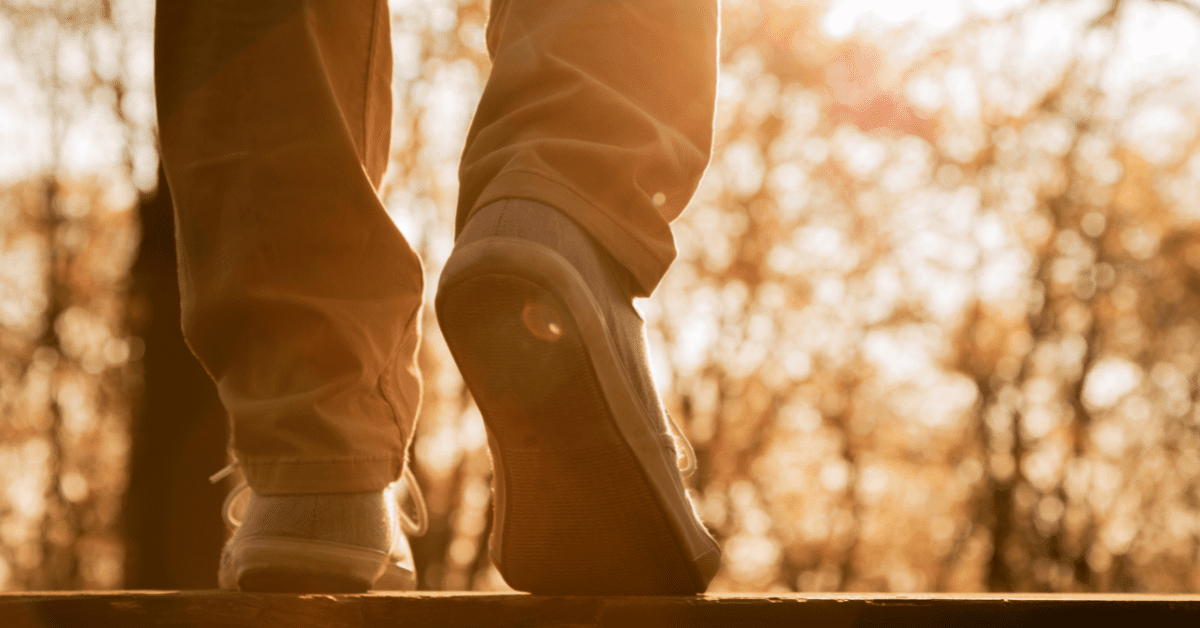Dealing with a health diagnosis, whether it is a short-term illness or chronic condition, can upend our daily routines. Our “go to” spiritual practices may no longer be sustainable with new physical limitations. To care for our spirits amid physical challenges, we may have to change our methods.
Breath prayers
While I was enduring chemotherapy for breast cancer, I eventually became too tired to do my “normal” spiritual practices. I certainly did not stop praying, though; instead I incorporated breath prayers into my daily routine. The meditative practice of focusing on my breath mirrored my slower physical pace. I was no longer able to rush from task to task. The gift of being forced to slow down was that I could focus on my breath. So much was happening at the cellular level within my body, that focusing on the expansion and contraction of my chest helped me to appreciate that work when it seemed my actions were slowed way down.
Eventually my shortness of breath led to diagnoses of heart failure and asthma. Knowing God is as close as my breath took on a new meaning and significance. I would pray for God’s ruach to enter me and fill my lungs, not only during breath prayers, but anytime I experienced shortness of breath. Rather than panicking about the lack of air, I focused on what air I could receive, and centered myself on the gift of breath. This practice has become second nature. I treat them both the same, but by praying breath prayers and thanking God for air, I can now determine if my shortness of breath is caused by heart failure or asthma.
One step at a time
Another practice that shifted was walking. Twice a day I would walk up the hill to our school bus stop and back. Round trip was a mere 0.4 mile. Soon this brief walk became difficult, particularly the hill. My oncologist encouraged me to keep walking, because her patients who remained active did better. Walking in nature had always been an important spiritual practice for my soul. I wondered if I could make walking up the hill a spiritual practice. By the time I made it up the hill, I often wanted to sit, but the cold ground kept me on my feet. Sometimes I did not have the breath to join in conversation with the other parents. Overcoming that obstacle every day, concentrating on my feet and each step, took my focus away from the hill. Some days I felt like the little engine that could: “I think I can, I think I can…”
One step at a time, focusing on the road right in front of my feet rather than looking up at the destination, made the walk feel achievable. What a lesson for my whole spiritual life: trust in God one step at a time rather than being overwhelmed by the challenges ahead.
Journaling mundane facts
Journaling is an important part of my spirituality. When I was too tired to write devotional reflections, I instead captured intricate details about medications, feelings, symptoms, and information from appointments. Now I can reflect on that time and write my feelings and memories, which is healing. Maintaining a journal, even with mundane facts, made me feel like I was not giving up my writing. It gave me a sense of control, normalcy, and an account of those challenging months.
Our spiritual life sustains us when we encounter difficulties of any kind. Changing our spiritual practices now and then invites us to experience God in new ways.
Your turn
Who are the people in your congregation who are experiencing acute or chronic health issues? Remember that this category is not exclusively elders.
- Ask about and truly listen to the spiritual practices they used to do, helping them to think about adaptations for their current situation
- Invite them into a new/different ministry, such as prayer, sending cards, making calls
- Give them permission to be served instead of serving. Encourage them to let others minister to them
- Focus on the being aspect of spiritual practices. For people who have to spend much time sitting, who suddenly cannot be active, remind them that being is an important part of our spiritual lives.
- Share breath prayers and centering prayers, which you can find on the Faith+Lead Instagram account
Offer a class about spiritual practices, a book study, or mention different practices for different phases of life in sermons. Why wait until we are forced into adapting our trusty practices to switch it up a bit?




